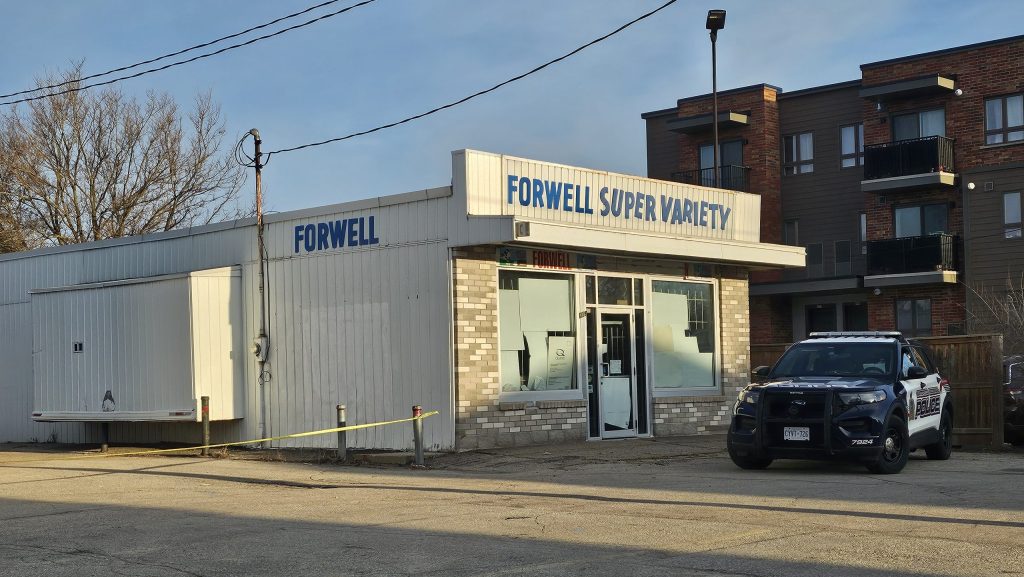Waterloo women setting the standard
Posted Oct 28, 2010 01:37:09 PM.
This article is more than 5 years old.
Municipal councils in Canada are dominated by men. Women hold only 24% of the seats for mayor and councillors across this country. Waterloo, on the other hand, has shattered that average.
With women holding five of the eight elected seats on Waterloo council (including mayor), it’s the men who are now under-represented at just 37.5%. That’s a figure that has caught the attention of Equal Voice, a non-profit organization devoted to the idea that more women must be elected to every level of government in Canada.
“We will be paying very close attention (to Waterloo),” Nancy Peckford, Executive Director of Equal Voice, told 570 News in an interview from her Ottawa office. “The leadership that’s been shown on the part of the community and the candidates themselves is obviously something we want to look at to see what the formula was there that worked.”
Dean of Political Science at Wilfrid Laurier University, David Docherty, has his own theory on just what that formula is in Waterloo.
“It’s a very egalitarian community and gender probably matters less than competence,” Docherty surmises. “I think that’s what most people are looking for when they think about equality — let’s look at competence before anything else.”
While there appears to be a formula for success in Waterloo, the same can’t be said across the rest of the region. Kitchener elected only two women in 11 available seats while Cambridge is sending two women to office on a council of 9.
Part of that can be explained by a lack of female candidates, and Peckford says striking the work-life balance is just the beginning when it comes to a woman seeking office.
“I think there are still fairly male-dominated networks in our cities and towns that may make it more challenging for a woman to make a successful bid,” Peckford says.
She also says the sometimes combative nature of politics can be a turn off for women while the lack of female role models represents another barrier.
Peckford’s greatest concern, however, is that the number of women elected to office in Canada appears to have stagnated.
“So as much as there’s been a success in Waterloo, across the country at the federal level we’ve had about 20% women elected and municipally it’s been about 23%,” cites Peckford. “And that number really hasn’t improved significantly for several years.”
One person hoping to reverse that trend in the years ahead is Kelly Galloway. She’s been returned to office for a second term in Kitchener but, with the retirement of long-serving Christina Weylie, Galloway will again have only one more female voice on council, this time in the form of Ward 4 newcomer Yvonne Fernandes.
Galloway is vowing to use this term to effect change.
“It was disappointing to see the percentage of women decrease for this term of council,” says Galloway. “I want to work towards raising more awareness about women participating in municipal government, whether that be sitting on a council, advisory committees, local boards or being engaged in their communities. I feel it’s important for women to seek leadership roles and have strong representation.”
For the next four years in Waterloo, they do.








